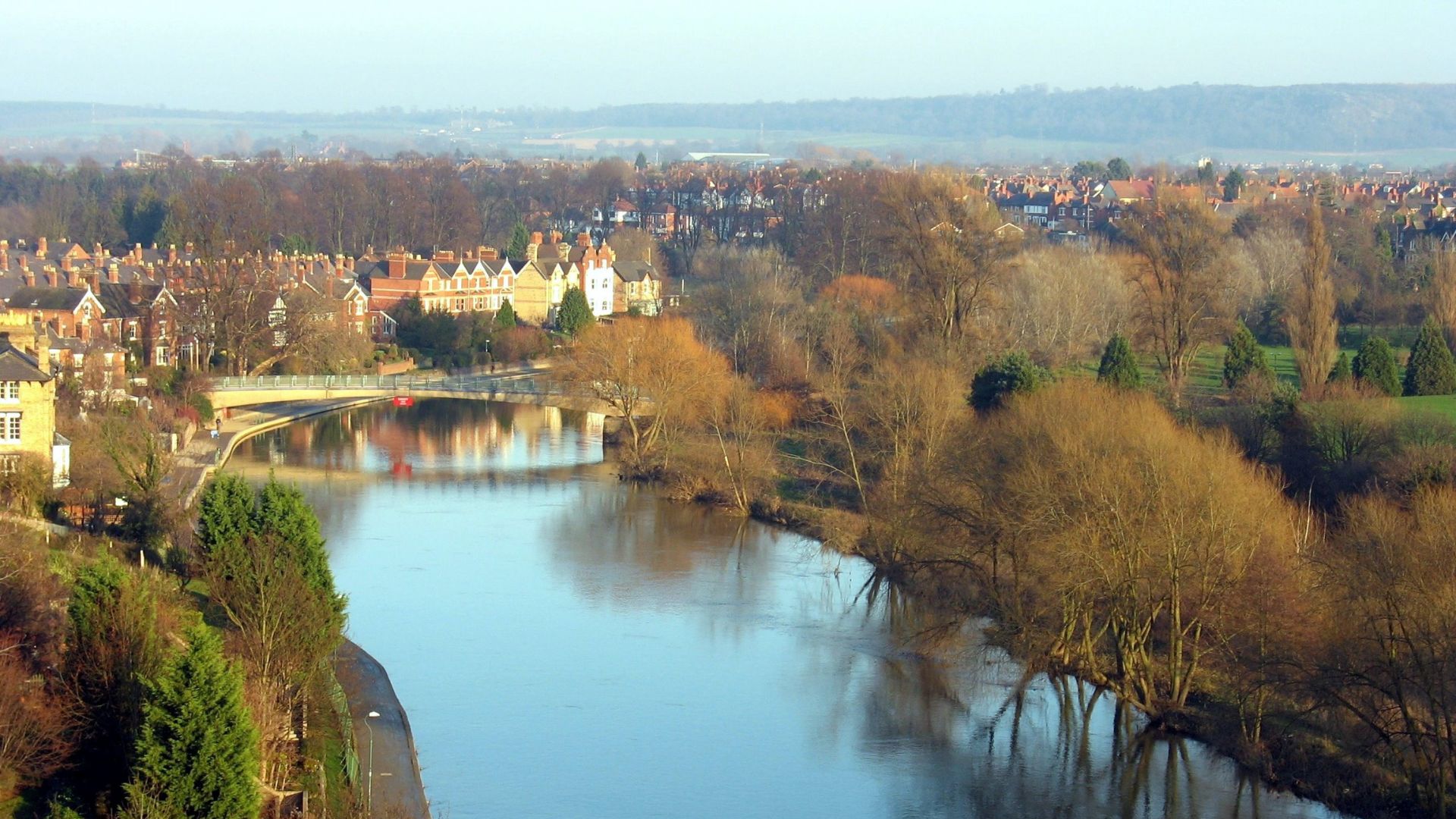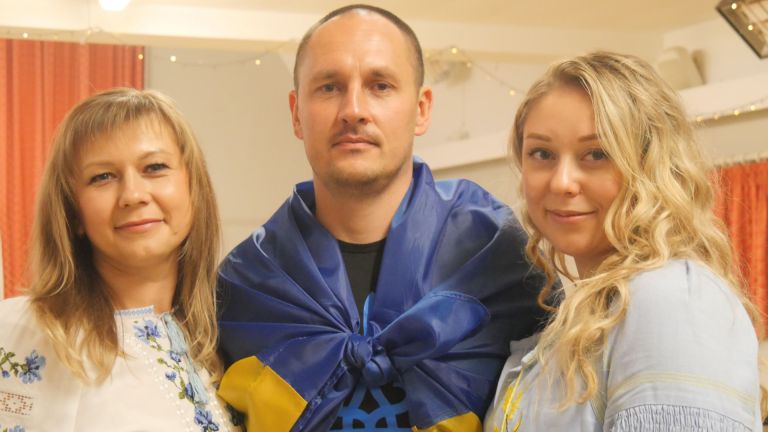You’ve probably heard about the River Wye – once one of Britain’s most beautiful rivers, now choking under the weight of intensive agricultural pollution. But while campaigners and cameras focused on the Wye’s decline, something just as grim has been happening next door.
The River Severn, the longest river in the UK, has been quietly suffering the consequences of a rapid and uncontrolled explosion of industrial-scale poultry farming along its banks. We’re talking tens of millions of birds, producing thousands of tonnes of chicken muck, much of it spread on nearby land with too little regard for the damage caused by excessive amounts of it. Loaded with nitrates and phosphates, it leaches into the river and can cause growth of toxic algae that suffocates and wipes out aquatic life.
But not anymore.
This week, the High Court ruled that Shropshire Council acted unlawfully when it approved a new 200,000-bird chicken farm, less than a mile from the Severn and dangerously close to protected wetland sites. The judge drew a line: no more megafarms without looking at the bigger picture.
The court found the council failed to consider the cumulative or total pollution impact of adding another intensive poultry farm in a region already full of them. This means that councils must look at all the other things that are happening in the area before giving their approval. The court also said that the council had failed to legally assess the environmental risks of spreading digestate, the slurry left behind after anaerobic digestion, on farmland.
This is technical but really important. Agricultural waste has for too long been dealt with by shifting it on to others. Out of sight, out of mind. But, now, pretending the problem ends when the waste leaves the farm gate is no longer an option.





